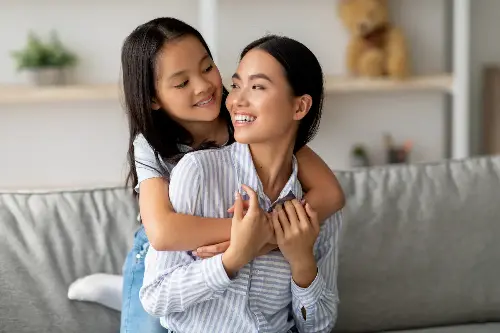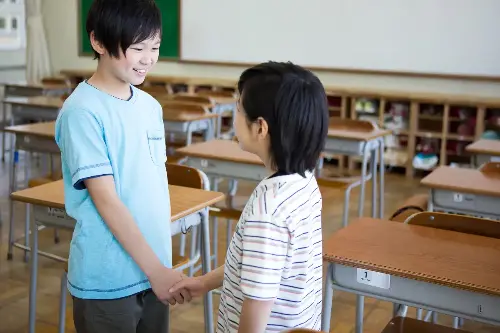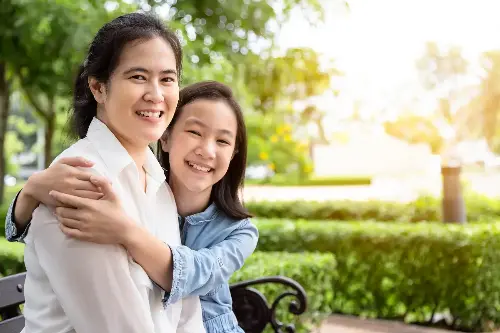From the earliest moments of childhood, the world is a tapestry of new experiences and discoveries. It is during these formative years that parents have a unique opportunity to nurture kindness, empathy, and gratitude in their children—traits that underpin positive relationships and lifelong happiness. When a child learns to say "thank you," it goes far beyond good manners; it forms the cornerstone of emotional intelligence and social competence.
Experts have long asserted that gratitude is deeply intertwined with well-being. Studies at the University of Cambridge reveal that children who regularly express appreciation tend to have higher self-esteem, better social skills, and stronger resilience in the face of challenges. By teaching children to notice and acknowledge the kindness of others, parents foster a sense of connectedness and diminish the seeds of entitlement.

Building the Foundation: Tips for Instilling Gratitude
Teaching gratitude doesn't require grand gestures or elaborate lessons; the most powerful tools are daily interactions and authentic modelling. Children imitate adults, especially their parents, and the small acts they observe shape their worldview. Start by demonstrating genuine appreciation within your own family. When you thank your partner for making tea or acknowledge your child's effort tidying up, you quietly reinforce the importance of noticing and valuing each other’s contributions.
Consistent routines also pave the way for gratitude to become second nature. Making gratitude part of mealtimes or bedtime rituals—a simple "What was something kind someone did for you today?"—helps children reflect and articulate appreciation. When giving and receiving gifts, prompt your child to recognise the thought behind the gesture, not just the present itself.
Nurturing Lifelong Benefits
The impact of gratitude extends well beyond childhood. Research conducted by the University of Manchester indicates that adults who practiced acts of appreciation during their youth report lower levels of depression and anxiety, and are generally more satisfied with life. Gratitude has even been linked to better sleep and overall physical health.
In a social context, children who feel valued and know how to express thanks often build friendships more easily and experience less conflict with peers. These positive interactions boost self-confidence and reinforce a prosocial attitude—where helping others and celebrating their successes becomes natural.

Cultural and Global Perspectives on Thankfulness
Every culture has its own expressions of gratitude, each instilling similar values in the next generation. In Japan, saying "arigatou" is often regarded as a reflection of both personal humility and community spirit. In many African societies, the concept of Ubuntu—emphasising our interconnectedness and reliance on one another—is actively taught through daily expressions of thankfulness.
Understanding that gratitude transcends borders not only enriches a child’s appreciation for their own customs, but also helps them become more open-minded global citizens. Sharing stories, songs, or customs from around the world can ignite curiosity and foster empathy for people from different backgrounds.
Practical Ways to Practice Gratitude at Home
Opportunities to nurture appreciation are woven into the fabric of daily life. Here are a few practical strategies to try with your child:
- Encourage hand-written thank you notes for gifts or kind acts. Physical notes carry a lasting message.
- Create a family "gratitude jar," where everyone drops in notes about things they’re grateful for. Read them together weekly to celebrate collective kindness.
- Praise instances of spontaneous thankfulness. A simple, “That was lovely of you to say, thank you,” reinforces positive behaviour.
- Model humility and service. Let your child see you volunteering or offering help to others without expectation of reciprocity.
It’s important to remember that, like any skill, gratitude is cultivated over time, often through trial, error, and reminders. Patience and consistency will ultimately yield results.

Why "Thank You" Matters More Than Ever
In an increasingly fast-paced digital world, genuine appreciation may sometimes seem old-fashioned or forgotten. Yet, teaching children the art of saying thank you remains as relevant and powerful as ever. It’s a gentle act that bridges differences and strengthens bonds—at home, at school, and throughout the wider world.
Parents who prioritise the development of gratitude hand their children a precious gift: the ability to see beauty in small things, to honour the kindness of others, and to find joy in giving back. In doing so, they lay the groundwork for positive, meaningful lives grounded in respect and empathy.
So next time your child utters a heartfelt “thank you,” take a moment to recognise the profound impact of those two little words—they’re a quiet force shaping not only your child’s future, but perhaps the world’s as well.
